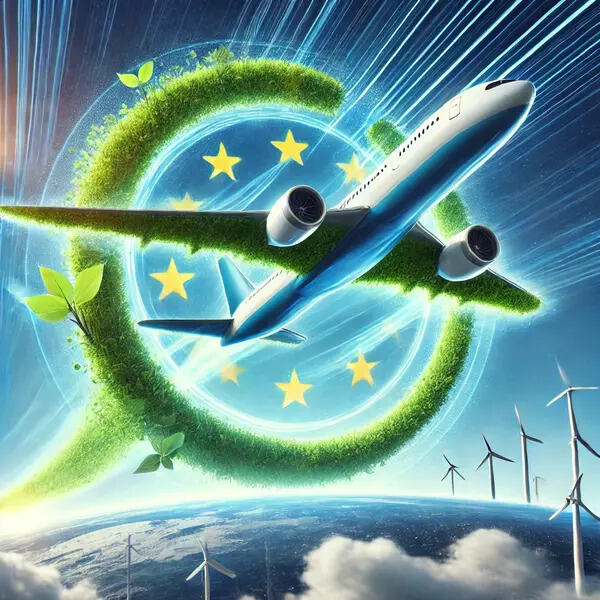Tuesday, July 9, 2024
Reading Time: 2 minutes
European Union Aviation Safety Agency, EASA is actively advancing the use of sustainable aviation fuels (SAF) through the recently established EU SAF Clearing House. This initiative is pivotal in reducing aviation emissions. The primary objective of the EU SAF Clearing House is to eliminate obstacles that hinder the widespread adoption and approval of new SAF pathways, both within the EU and globally.
The swift integration of SAF is regarded as the most effective strategy to mitigate aviation’s carbon emissions. However, achieving this requires increasing the availability of SAF that meets the rigorous standards necessary for aviation use.
The EU SAF Clearing House serves as a comprehensive resource for fuel producers. It offers essential services for the efficient evaluation of new SAF pathways according to the ASTM D4054 standard. This includes preliminary assessments, partial funding for testing, and assistance in report preparation.
Scaling up Sustainable Aviation Fuel Production: A Crucial Step for Decarbonizing Aviation
To align with stringent decarbonization targets, the aviation industry must significantly ramp up its production of sustainable aviation fuels (SAF). Currently, SAF constitutes less than 0.05% of total aviation fuel consumption across the EU. Expanding the array of fuel production methods and raw materials is essential to meet these goals.
For integration into commercial fleets, SAF must undergo a rigorous approval process to ensure they meet exacting certification standards, demonstrating that their physical and chemical properties closely mirror those of conventional jet fuels. This compatibility allows SAF to be seamlessly blended and used with existing aircraft and infrastructure, without necessitating modifications.
The EU SAF Clearing House project, backed by the European Commission and administered by EASA, epitomizes these efforts. Awarded to the sustainable transport team at Ricardo through a competitive tender, this initiative involves collaboration with partners like Trinity College Dublin, Intertek, Politecnico di Torino, ENVISA, and Spark Legal and Policy Consulting. Together, they will develop a network of testing facilities across Europe and beyond, providing evaluation services and guiding producers on the environmental impact of their fuels and compliance with rigorous standards.



